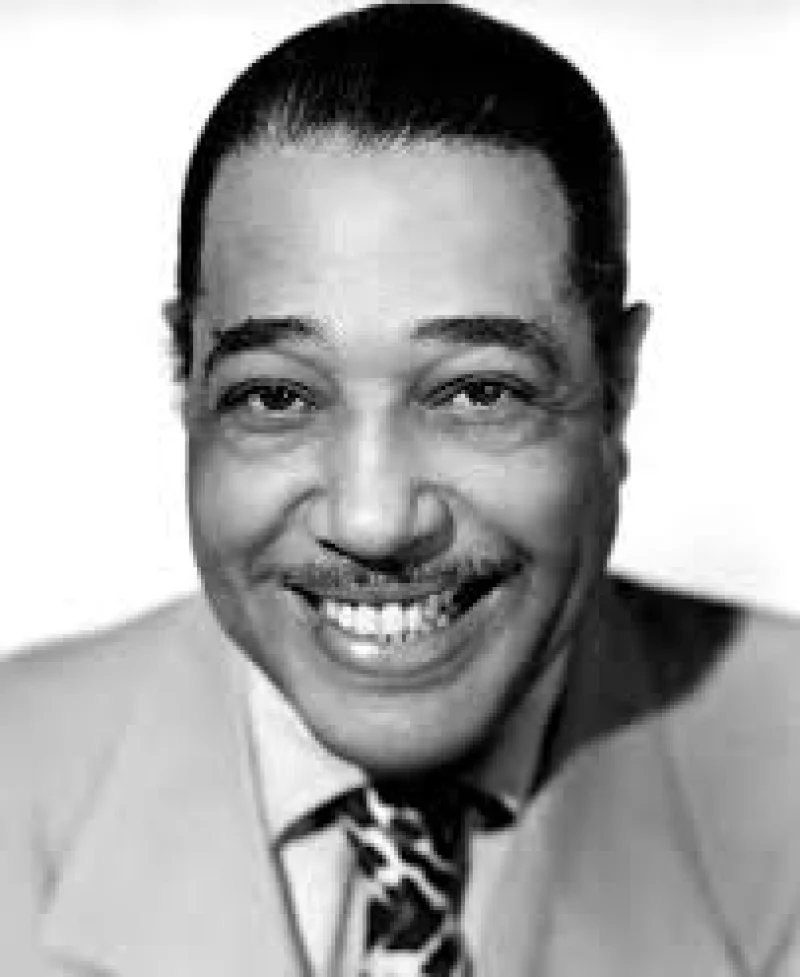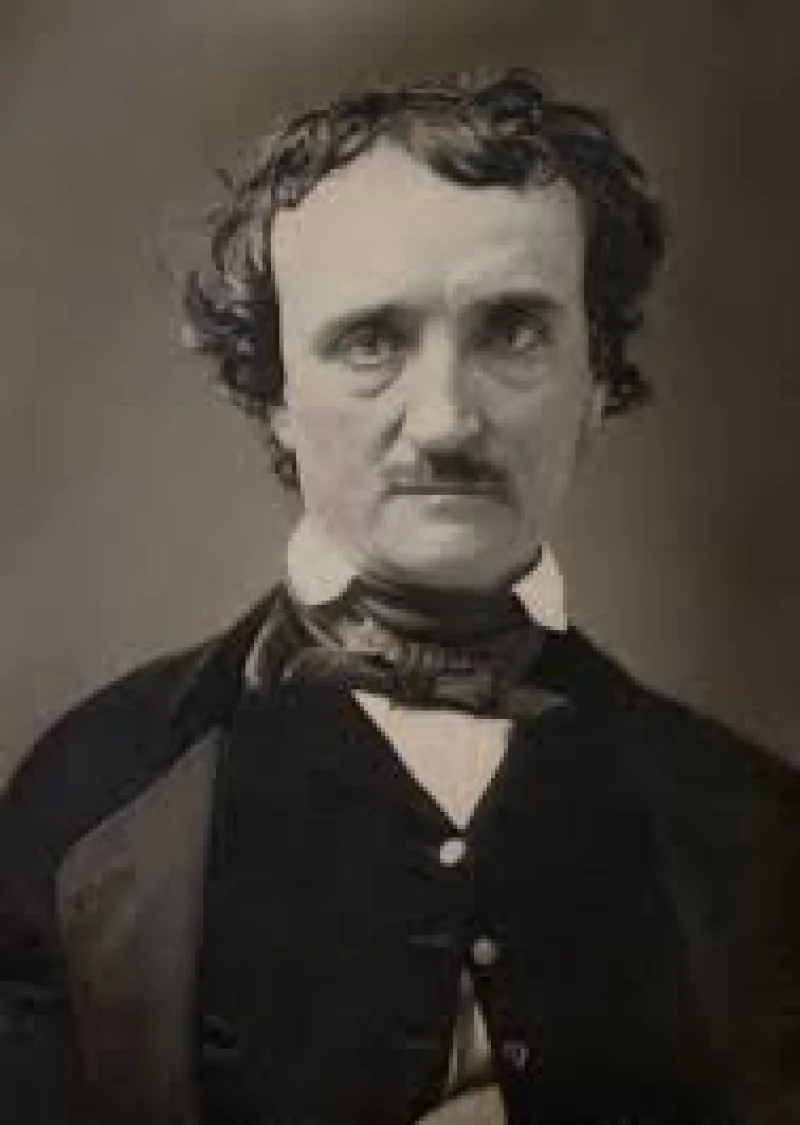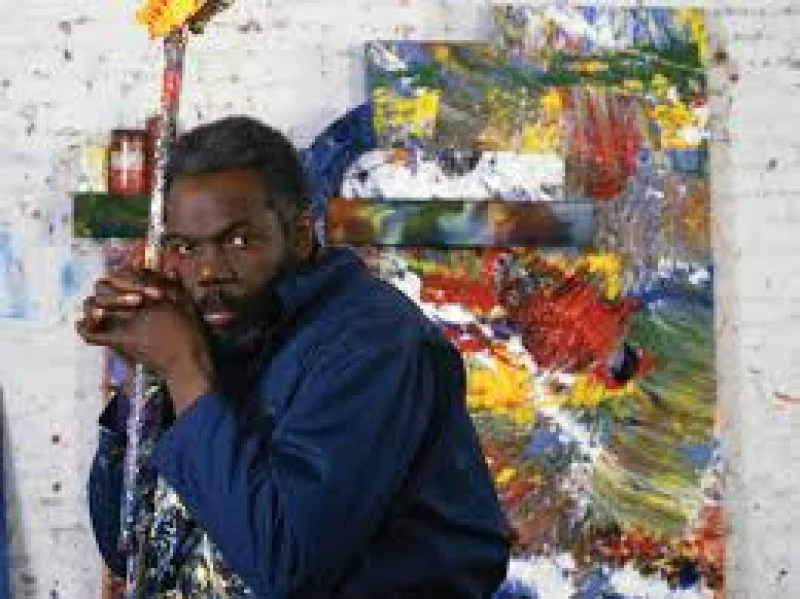Short Summary
Duke Ellington was a pivotal figure in the history of jazz music, renowned for his innovative compositions and charismatic leadership of one of the most famous big bands. Over his career, he composed thousands of pieces, many of which have become jazz standards. Ellington's impact on jazz and American music is immeasurable, making him a prominent cultural icon of the 20th century.
Early Life & Education
Born on April 29, 1899, in Washington, D.C., Edward Kennedy Ellington was the son of James Edward Ellington and Daisy Kennedy Ellington. Raised in a middle-class African-American family, he was nicknamed "Duke" due to his gentlemanly demeanor. His parents, both musicians, fostered his early interest in music. Ellington began piano lessons at the age of seven and was influenced by the ragtime pianists of the era. Although he showed talent, he was more interested in sports during his youth. He attended Armstrong Technical High School but left before completing his diploma to pursue a career in music.
Career Highlights
Ellington's career took off in the 1920s when he moved to New York City and began performing at the Cotton Club in Harlem. His orchestra quickly gained fame for its unique sound, characterized by Ellington's innovative arrangements and the distinctive contributions of his band members. Throughout the 1930s and 1940s, he continued to achieve significant success with tours, recordings, and radio broadcasts. Ellington's ability to blend different musical styles and his dedication to showcasing the talents of his band members defined his career. His compositions, including "Mood Indigo" and "Sophisticated Lady," became jazz standards.
Major Achievements
- Received 12 Grammy Awards, including a posthumous Lifetime Achievement Award in 1966.
- Composed over 3,000 pieces, contributing significantly to the jazz repertoire.
- Was awarded the Presidential Medal of Freedom in 1969 for his contributions to American culture.
- Performed at Carnegie Hall, elevating jazz to the level of classical music.
- Composed extended works such as "Black, Brown, and Beige," challenging the boundaries of jazz.
Famous Quotes
- "I don’t need time. What I need is a deadline."
- "A problem is a chance for you to do your best."
Interesting Facts
- Ellington was known for his sense of style, always appearing in elegant, tailored suits.
- He referred to his music as "American Music" rather than simply jazz.
- His orchestra stayed together for over 50 years, an unprecedented feat in the jazz world.
- Ellington often collaborated with composer and arranger Billy Strayhorn, who contributed significantly to the band's success.
Legacy / Influence
Duke Ellington's impact on music is profound, having expanded the scope of jazz through his innovative compositions and leadership. His work helped elevate jazz to an art form appreciated worldwide. Musicians across genres continue to draw inspiration from his inventive use of orchestration and harmony. Ellington's contributions significantly shaped the development of jazz, making him an enduring figure in American music history.
FAQ
Q: Why is Duke Ellington famous?
A: He is famous for his significant contributions to jazz music as a composer, pianist, and bandleader.
Q: What are some of Duke Ellington's famous compositions?
A: Some of his famous compositions include "Take the A Train," "Mood Indigo," and "It Don't Mean a Thing (If It Ain't Got That Swing)."
Q: How long did Duke Ellington's orchestra stay together?
A: His orchestra remained intact for over 50 years, a testament to its enduring popularity and influence.











